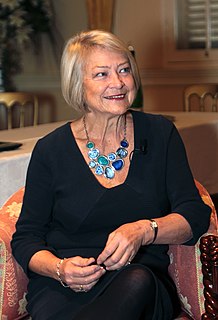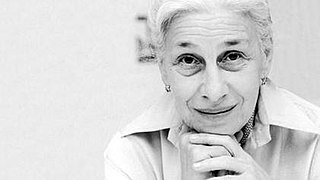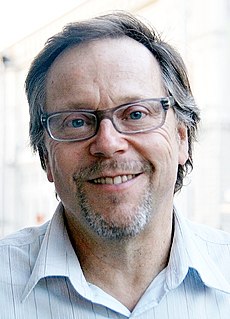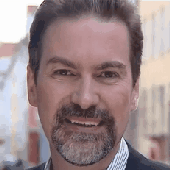A Quote by Joshua Oppenheimer
In terms of so-called fly-on-the-wall documentaries, there's a claim that the camera is a transparent window into a pre-existing reality. What really is happening is that the film crew and the subjects are collaborating to simulate a reality in which they pretend the camera is not present.
Related Quotes
I started in documentaries. I started alone with a camera. Alone. Totally alone. Shooting, editing short documentaries for a French-Canadian part of CBC. So to deal with the camera alone, to approach reality alone, meant so much. I made a few dozen small documentaries, and that was the birth of a way to approach reality with a camera.
I believe every time you film anybody, you create reality with that person - whether it's fiction or nonfiction. If you acknowledge that filming is an occasion where people express things they might not otherwise express, that offers a much more insightful analysis of why documentaries - even of the fly-on-the-wall variety - are powerful. I think that our task as filmmakers is to create the most insightful reality given the most pressing questions.
I invented a camera that has an exposure time of one hundred years and the camera works in the simplest possible terms, because anything more complicated is more likely to break down in one way or another. It's a pinhole camera that lets in very low light and instead of exposing film, which is going to spoil within a matter of days or weeks, I'm using ordinary black paper.
For me, what was important was to record everything I saw around me, and to do this as methodically as possible. In these circumstances a good photograph is a picture that comes as close as possible to reality. But the camera never manages to record what your eyes see, or what you feel at the moment. The camera always creates a new reality.
With the RED, I didn't have this impression at all. I felt that it was as heavy as a film camera. Having this great crew, with the DP and his assistants, I found it making as much of an impression as a very big film camera. I didn't relate to it as much. I remember avoiding it during the shooting rather than paying attention to it.





































